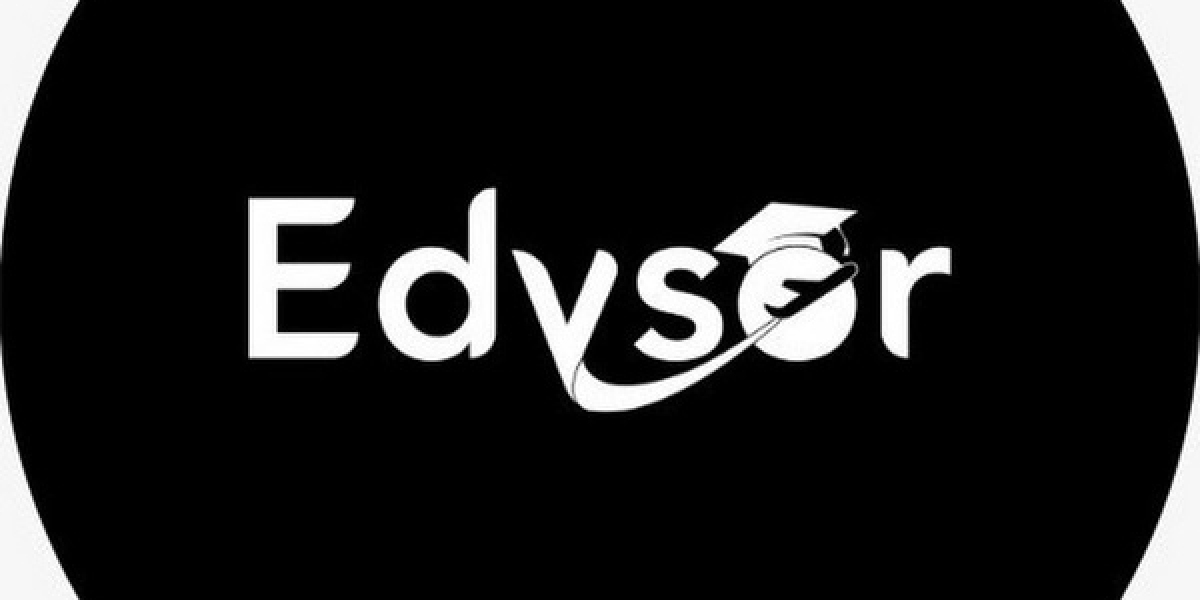Why Choose Canada for Higher Education?
A Global Education Hub
Study in canada houses some of the world’s most prestigious universities, known for their academic excellence and cutting-edge research facilities. Degrees earned here are recognized globally, giving you a competitive edge in the job market.
Cultural Diversity
Canada is a melting pot of cultures, making it an ideal place for international students to feel welcomed. Whether you're from Asia, Africa, or Europe, you'll find a piece of home here.
High Quality of Life
Beyond academics, Canada is consistently ranked among the best countries for quality of life. Safe cities, excellent healthcare, and stunning natural landscapes ensure a fulfilling life experience.
Top Universities in Canada
University of Toronto
Located in Ontario, this institution is globally recognized for its robust academic programs and groundbreaking research initiatives.
University of British Columbia (UBC)
Situated in Vancouver, UBC offers stunning campuses and excellent courses in technology, arts, and sciences.
McGill University
Based in Montreal, McGill is famed for its medical and law programs, attracting students worldwide.
Other Prominent Universities
Names like the University of Alberta, University of Waterloo, and Queen’s University also shine in offering quality education.
Popular Courses for International Students
Engineering and Technology
From civil to computer engineering, Canadian universities excel in offering industry-relevant courses.
Business and Management
Pursue an MBA or specialize in finance and marketing from globally ranked institutions.
Health Sciences
With leading research hospitals and programs, Canada is a top choice for aspiring doctors and health professionals.
Arts and Humanities
Canada also offers excellent programs in literature, history, and social sciences for creative minds.
Admission Process
Research and Shortlist Programs
Start by exploring programs that align with your career goals and interests.
Meeting Eligibility Requirements
Check academic prerequisites, English language tests like IELTS, and any other specific criteria.
Application Procedure
Apply through university websites or platforms like OUAC. Ensure you submit required documents, including SOPs, LORs, and transcripts.
Acceptance Letter and Visa Application
Once accepted, secure a study permit by submitting an acceptance letter, proof of funds, and biometrics.
Tuition Fees and Cost of Living
Average Tuition Costs
On average, tuition fees range from CAD 15,000 to CAD 35,000 annually, depending on the program.
Scholarships and Financial Aid
Various scholarships, like Vanier Canada Graduate Scholarships and university-specific grants, can ease the financial burden.
Living Expenses in Canada
Expect monthly expenses of around CAD 1,000 to CAD 2,000, covering rent, groceries, and transport.
Work Opportunities for Students
Part-Time Work
International students can work up to 20 hours per week during semesters, providing valuable experience and financial support.
Post-Graduation Work Permit (PGWP)
After graduation, the PGWP allows students to work in Canada for up to three years, paving the way for permanent residency.
Life in Canada as a Student
Cultural Adaptation
Immersing yourself in Canadian culture and building friendships can make your stay rewarding.
Student Support Services
Universities offer dedicated services for mental health, academic guidance, and career planning.
Exploring Canadian Landscapes
Don’t forget to explore the Rockies, Niagara Falls, and other iconic spots during your stay.
Challenges Faced by International Students
Homesickness and Weather
Missing home is natural, but harsh winters can add to the challenge. Layer up and stay connected with family!
Academic Adjustments
Adapting to a new education system can be daunting but achievable with time management.
Financial Management
Budgeting and managing funds efficiently is essential to avoid stress.
Tips for a Successful Study Experience in Canada
Building a Social Network
Join clubs and events to meet like-minded people and expand your circle.
Staying Organized
Use planners or apps to manage your academic and personal responsibilities.
Seeking Help When Needed
Don’t hesitate to use student support services or ask professors for guidance.
Conclusion
Studying in Canada is an adventure filled with opportunities and challenges. Education Abroad. With proper planning, you can turn this dream into reality and achieve academic and personal growth.
FAQs
1. What are the top courses for international students in Canada?
Popular choices include engineering, business, health sciences, and arts.
2. How much does it cost to study in Canada?
Tuition fees range from CAD 15,000 to CAD 35,000 annually, plus living expenses.
3. Can I work while studying in Canada?
Yes, students can work part-time up to 20 hours per week during semesters.
4. Is Canada suitable for non-English speakers?
Yes, many universities offer programs in French, and student support services are widely available.
5. What is the PGWP, and how does it work?
The Post-Graduation Work Permit allows students to work in Canada for up to three years after completing their studies.









